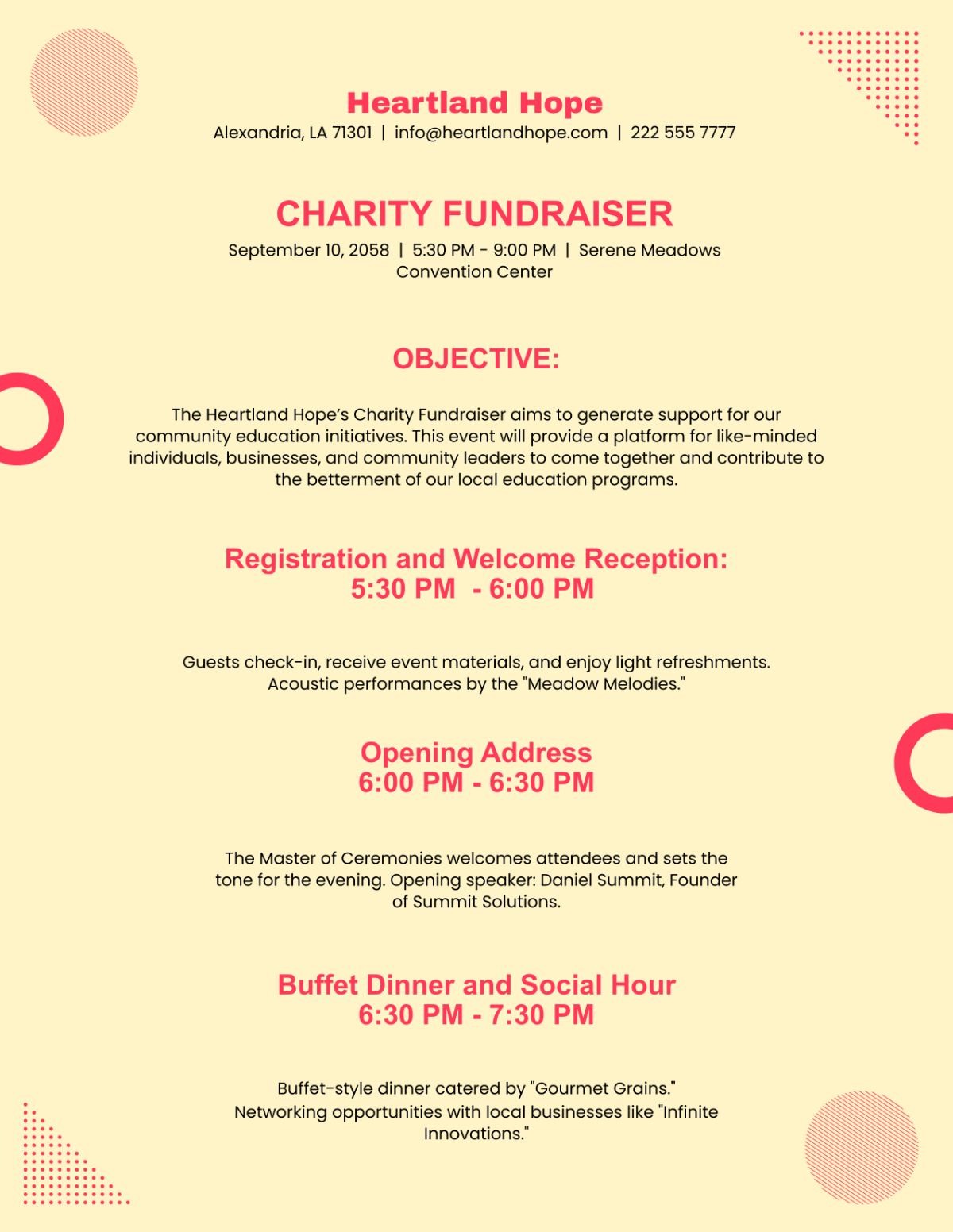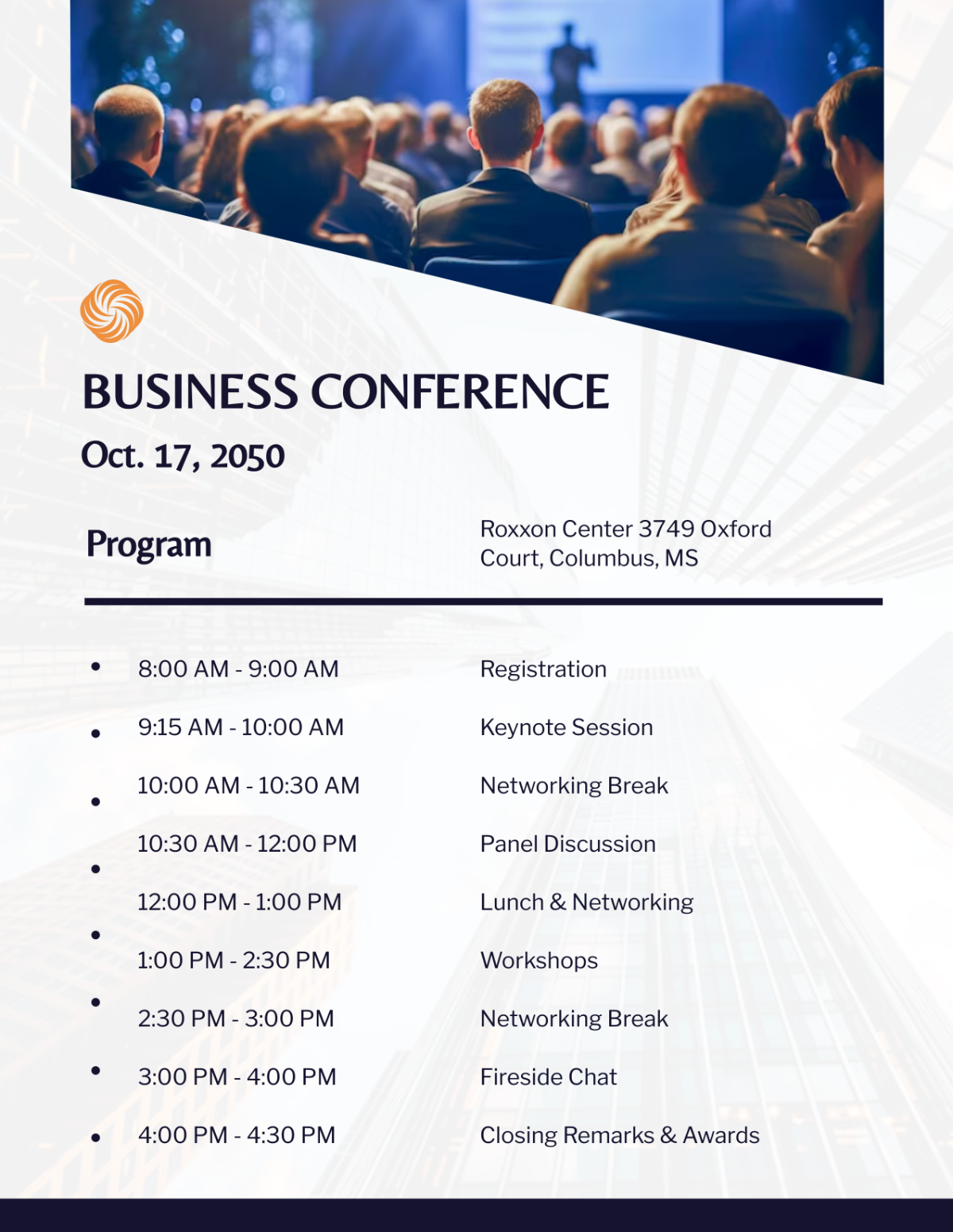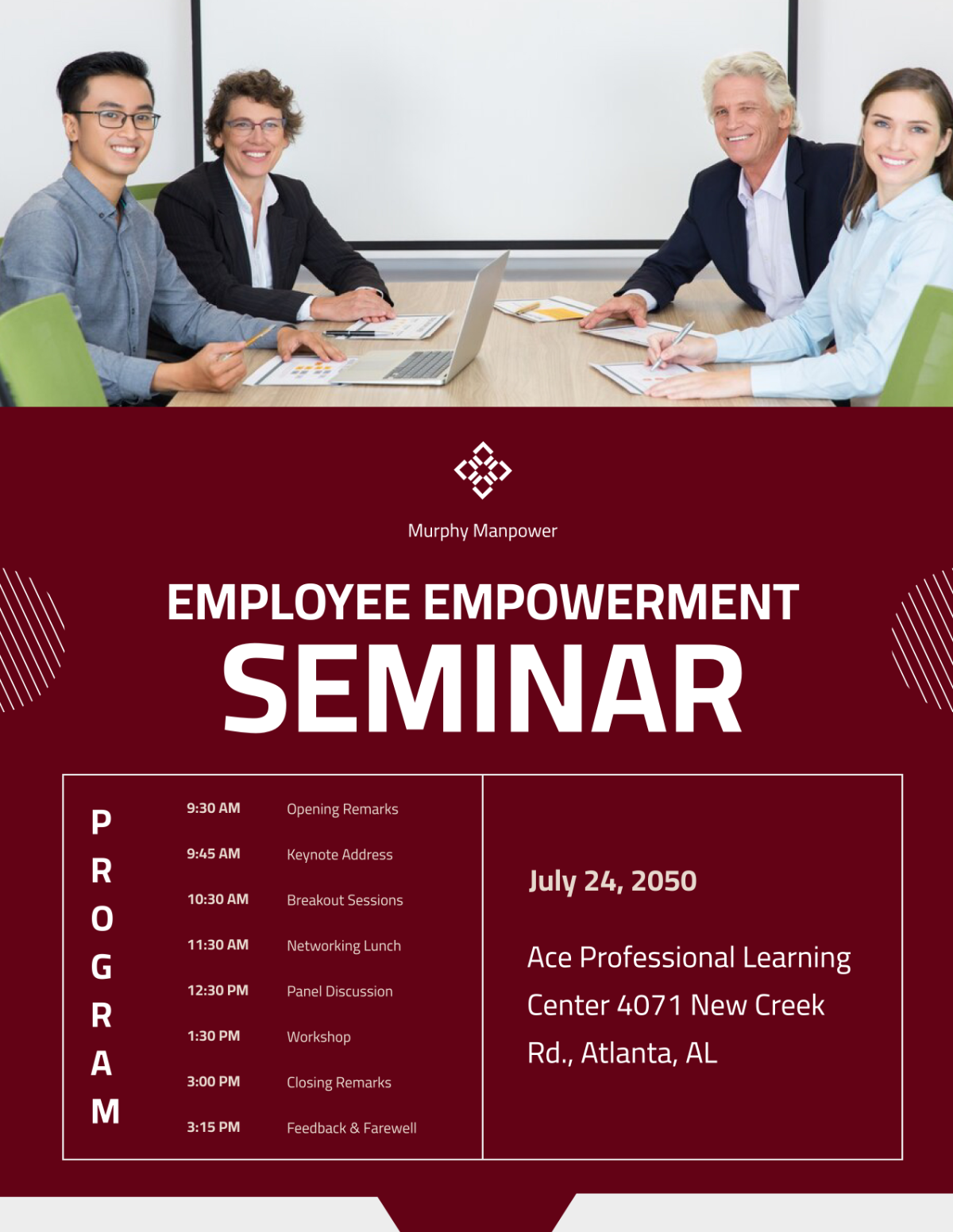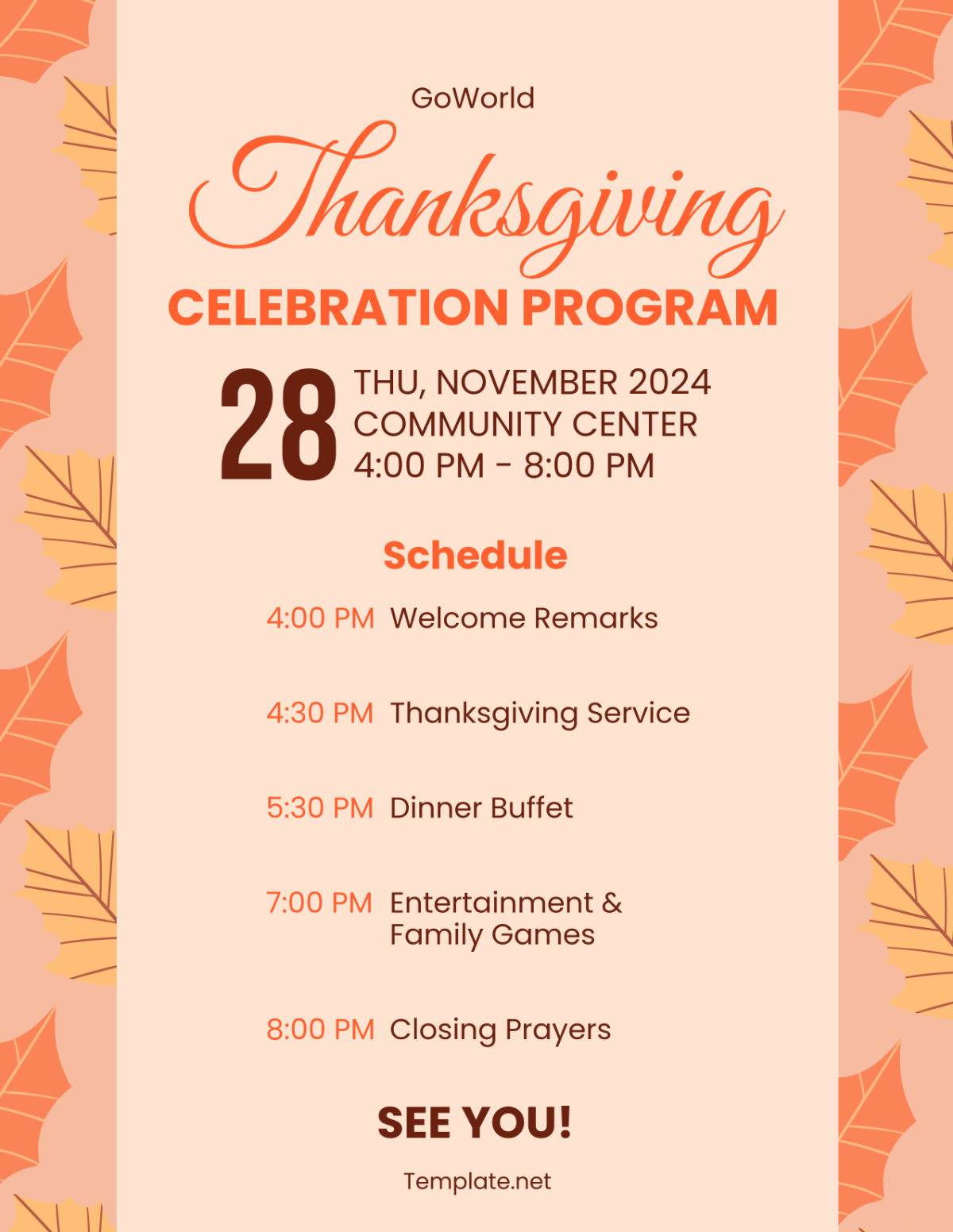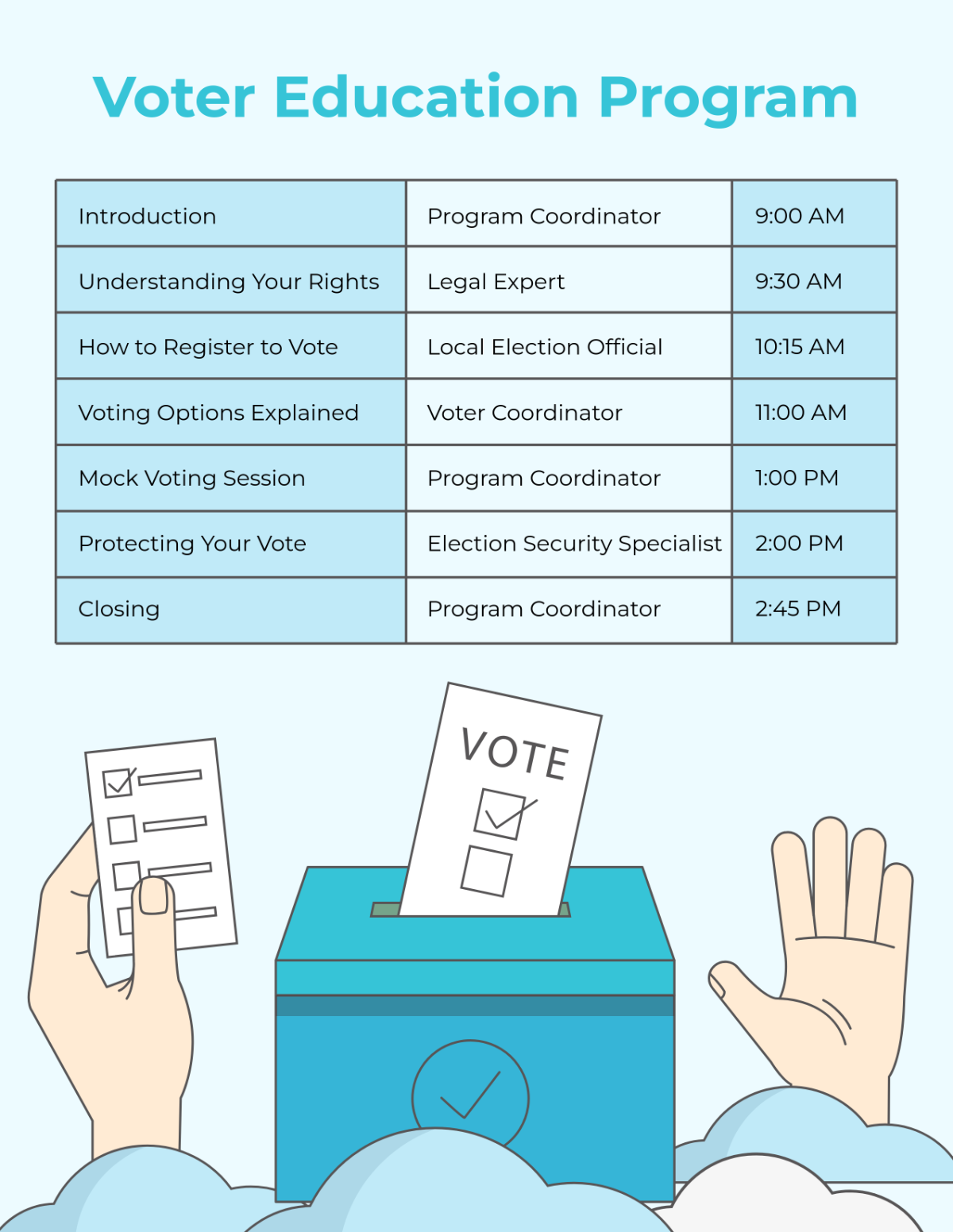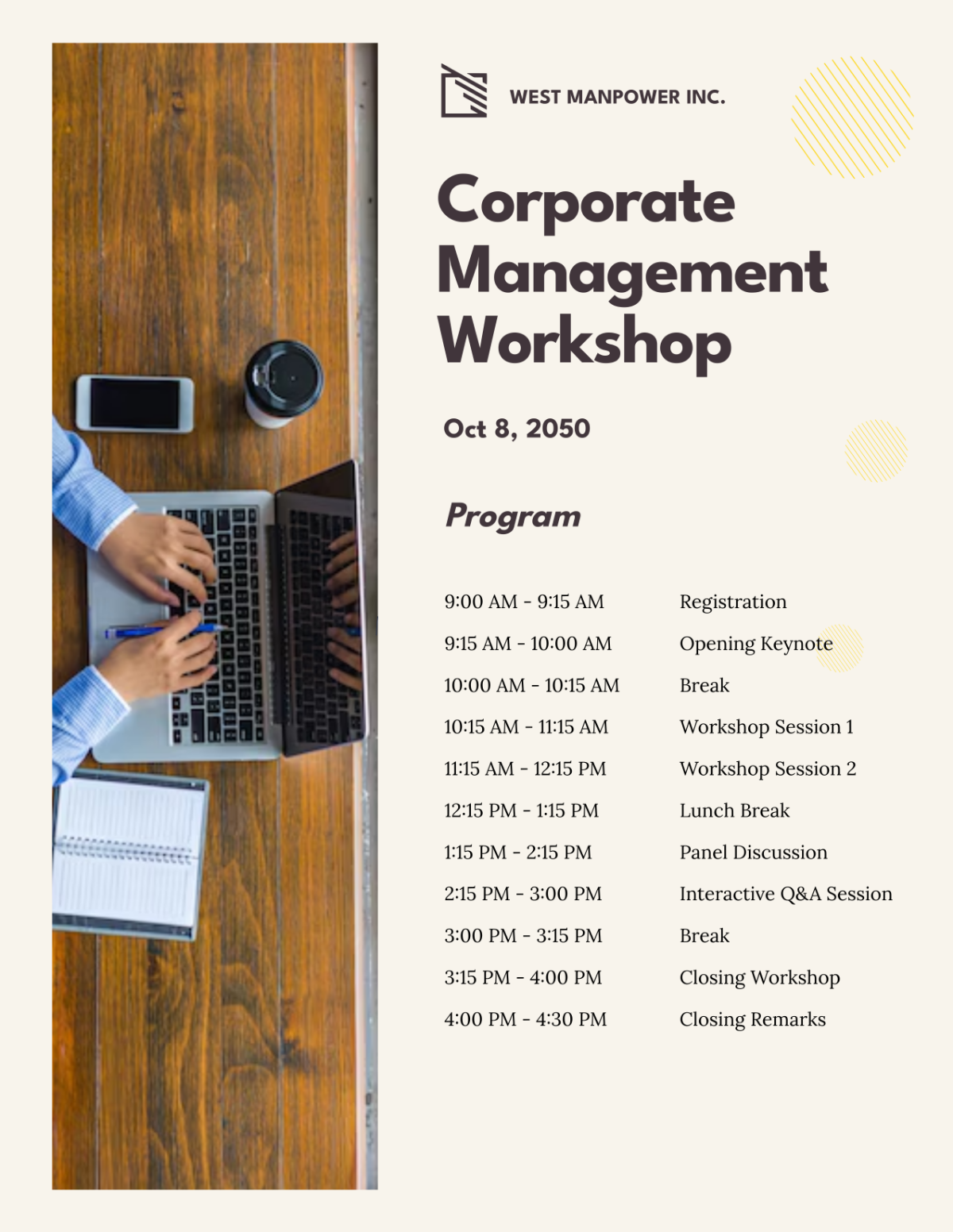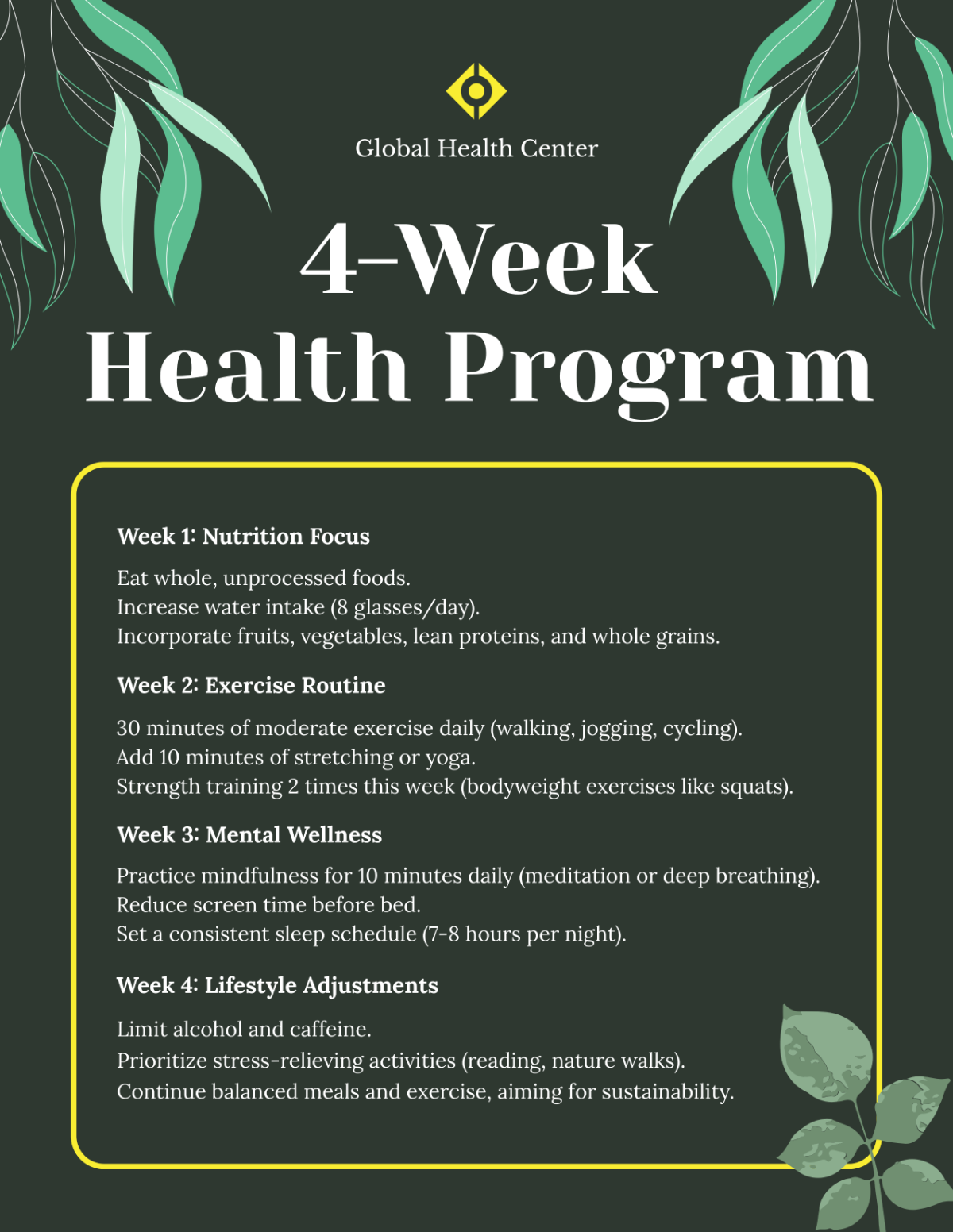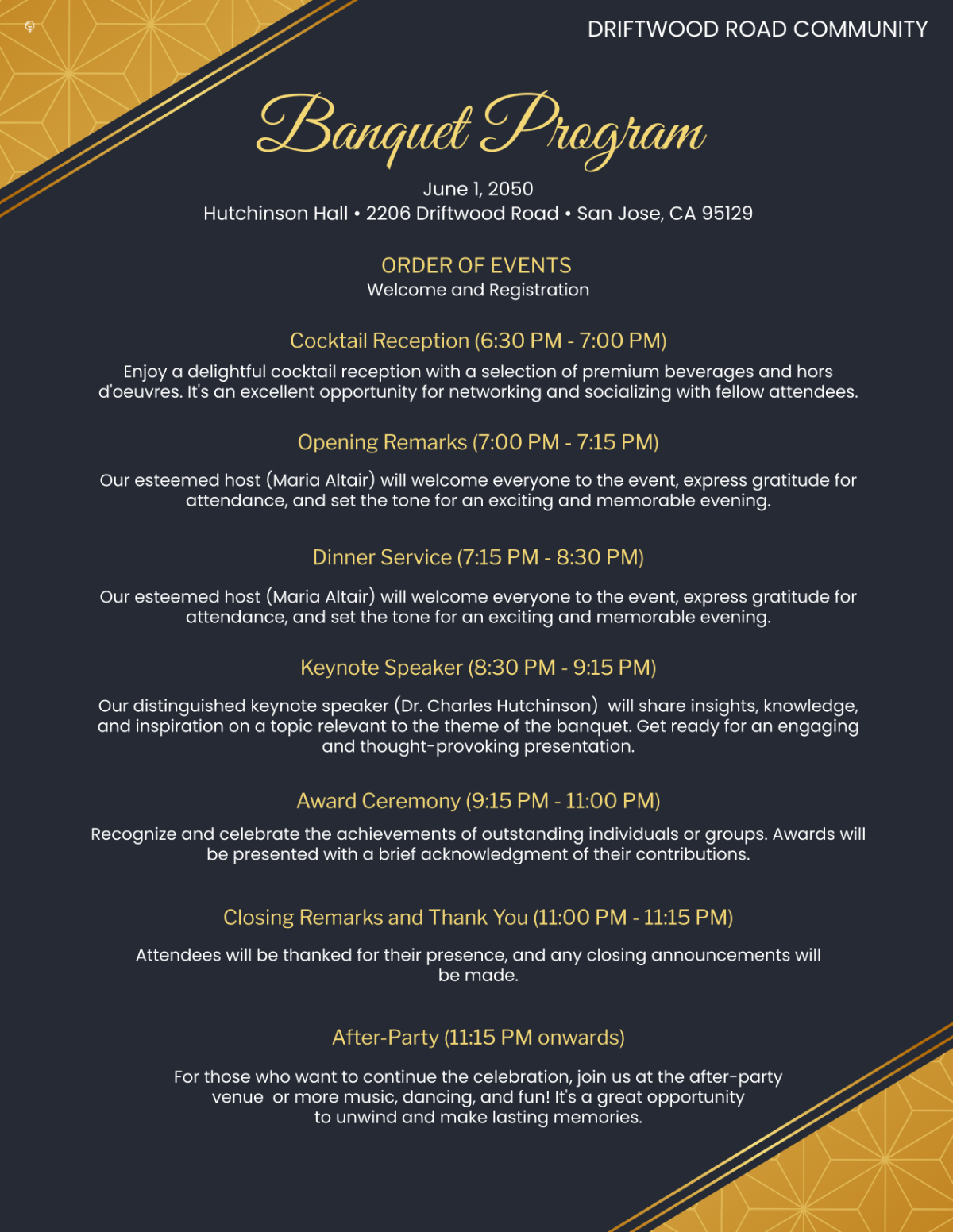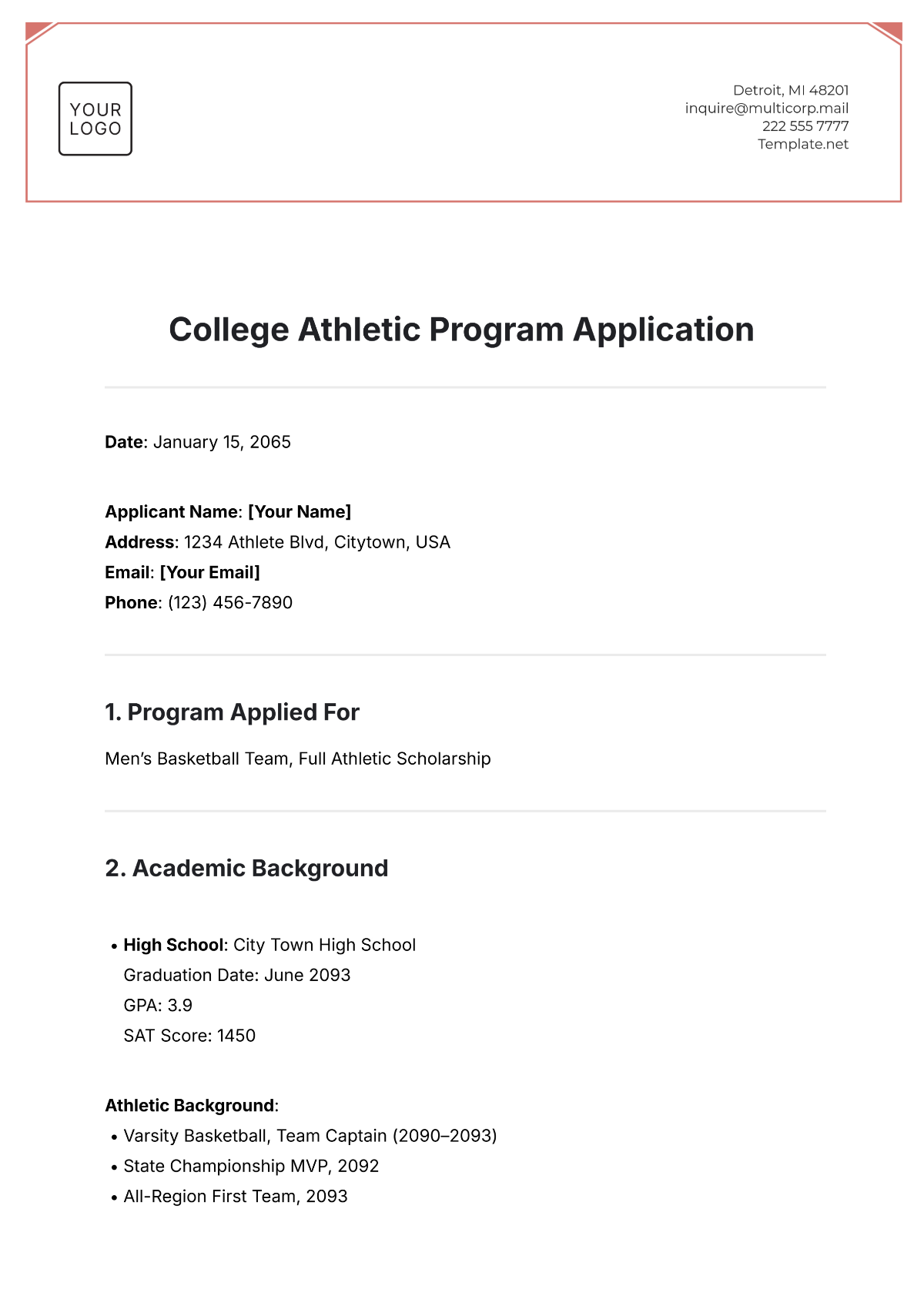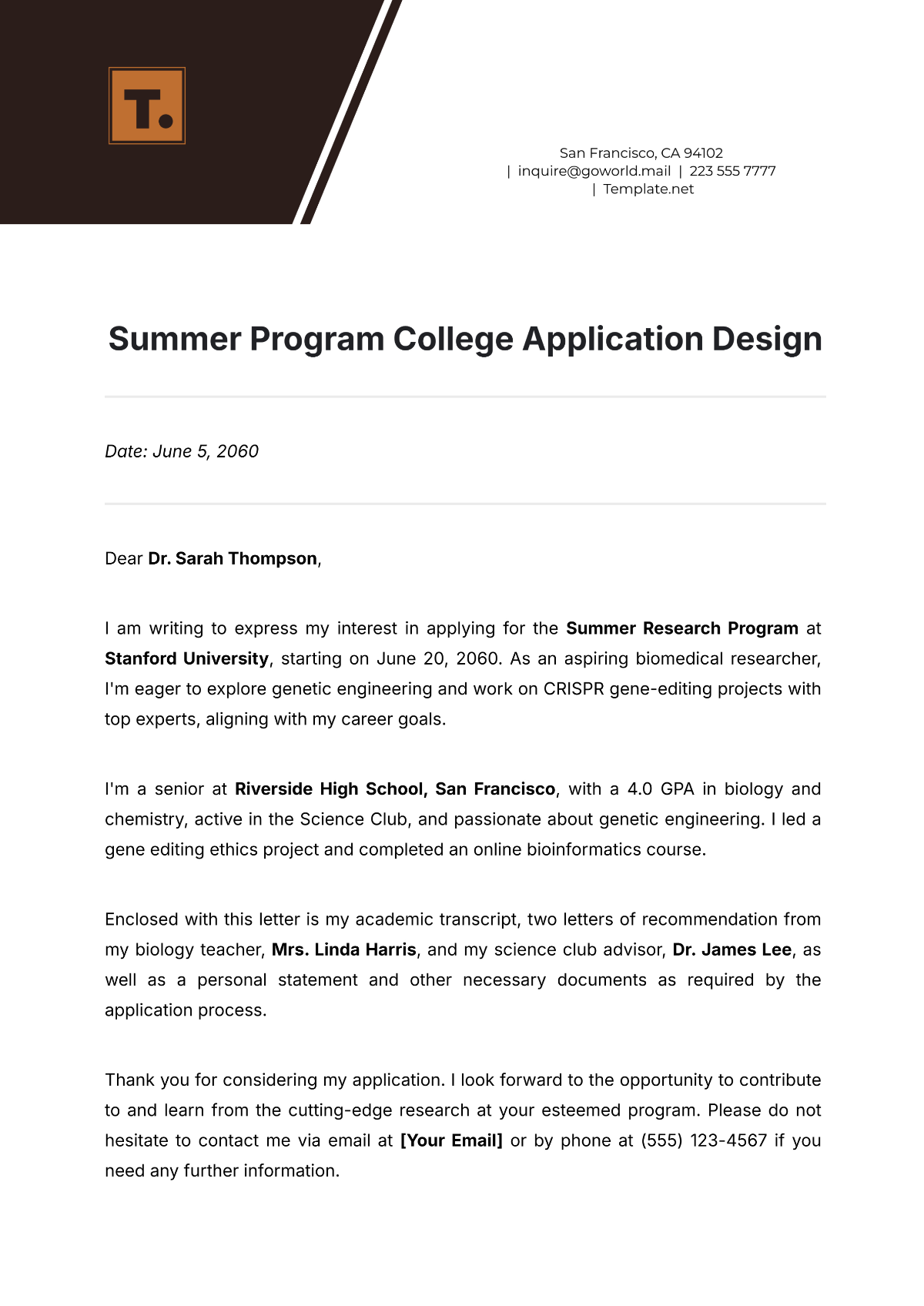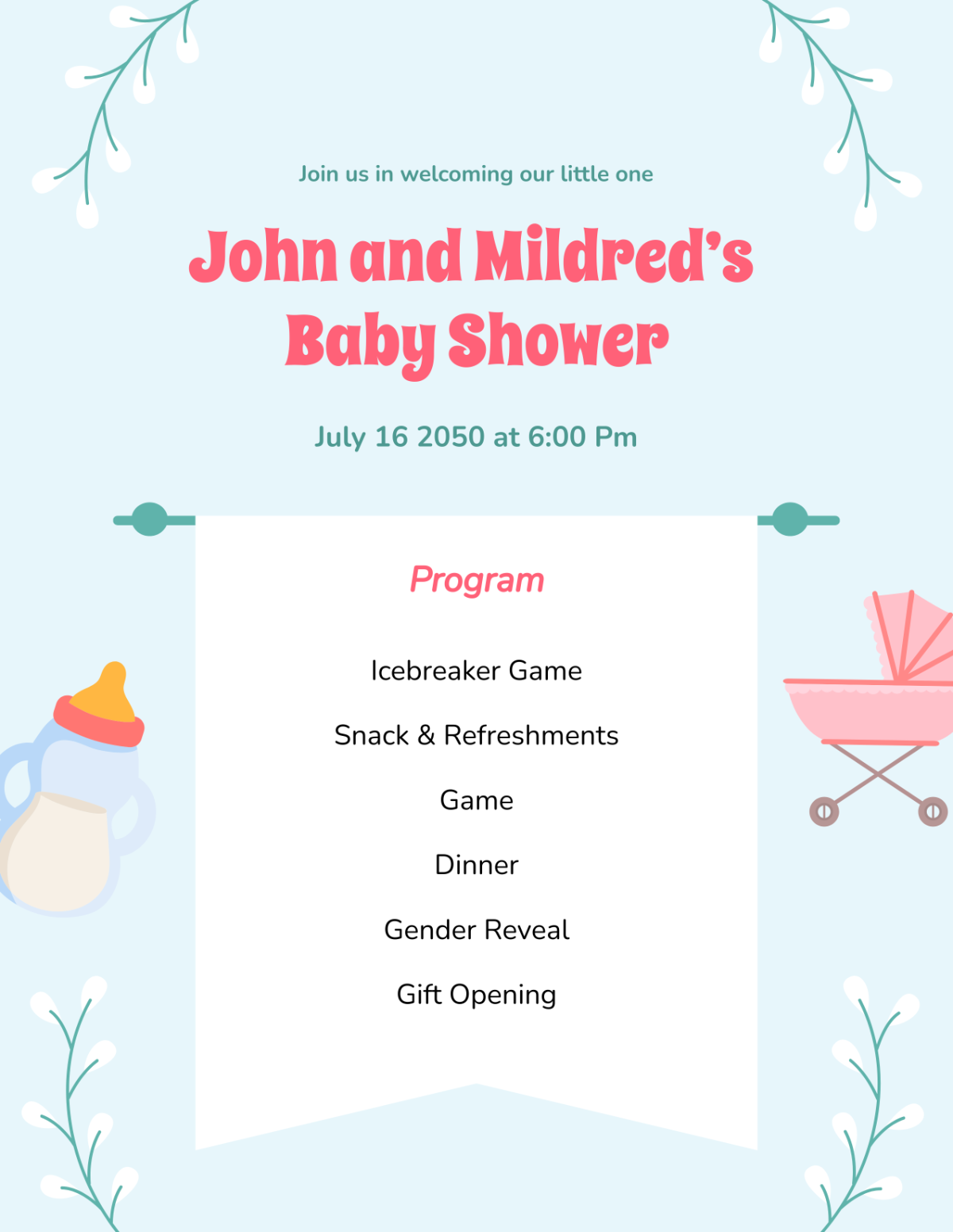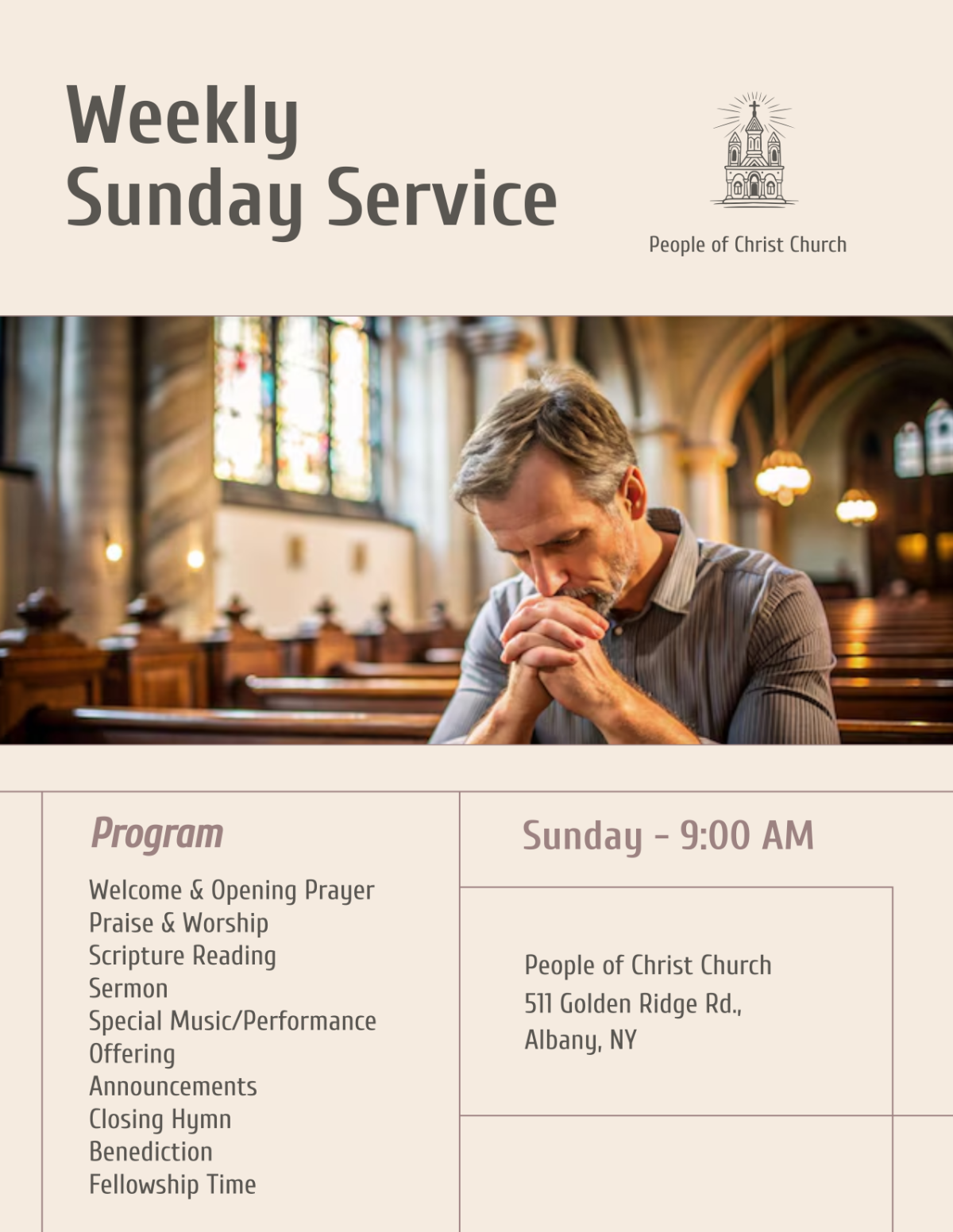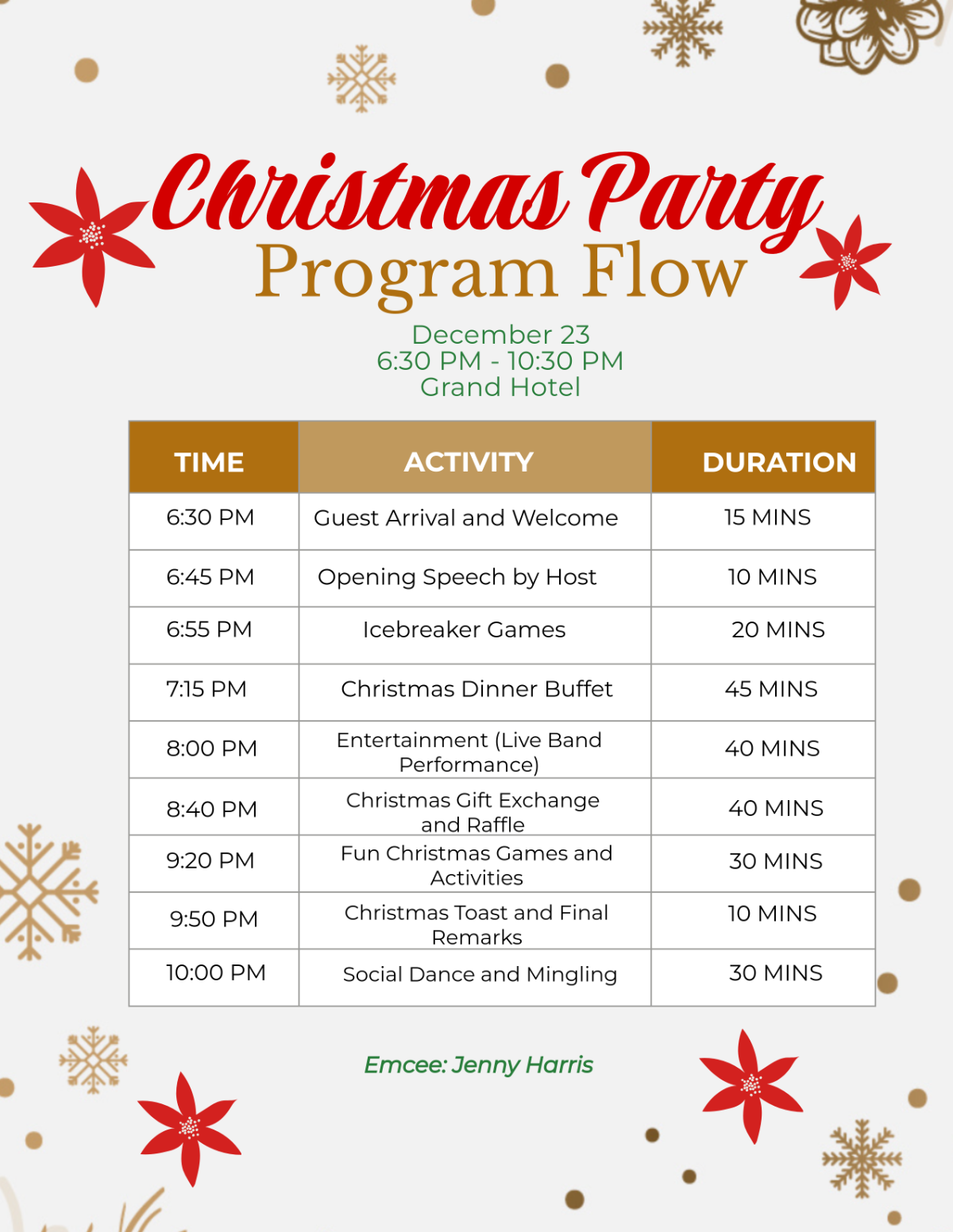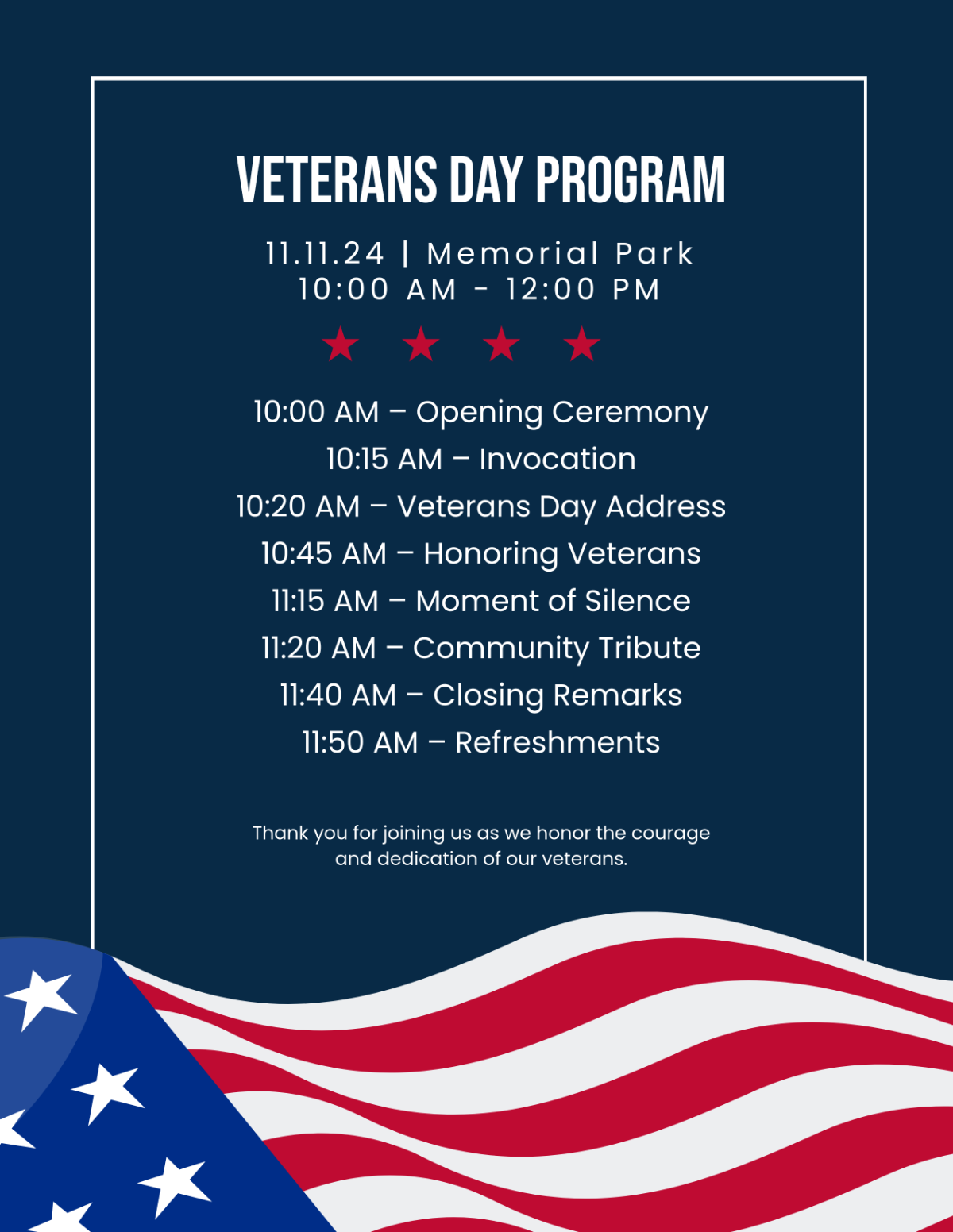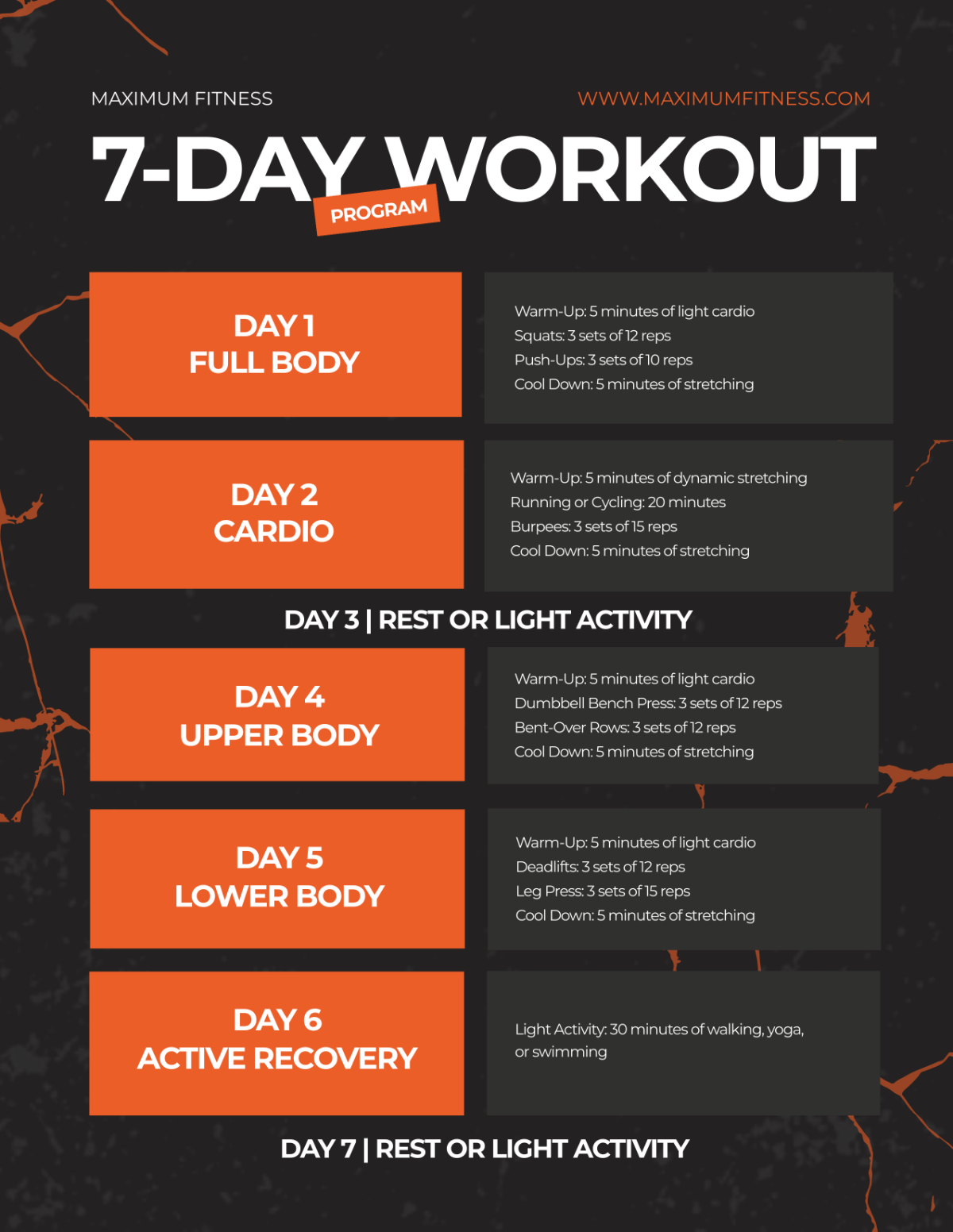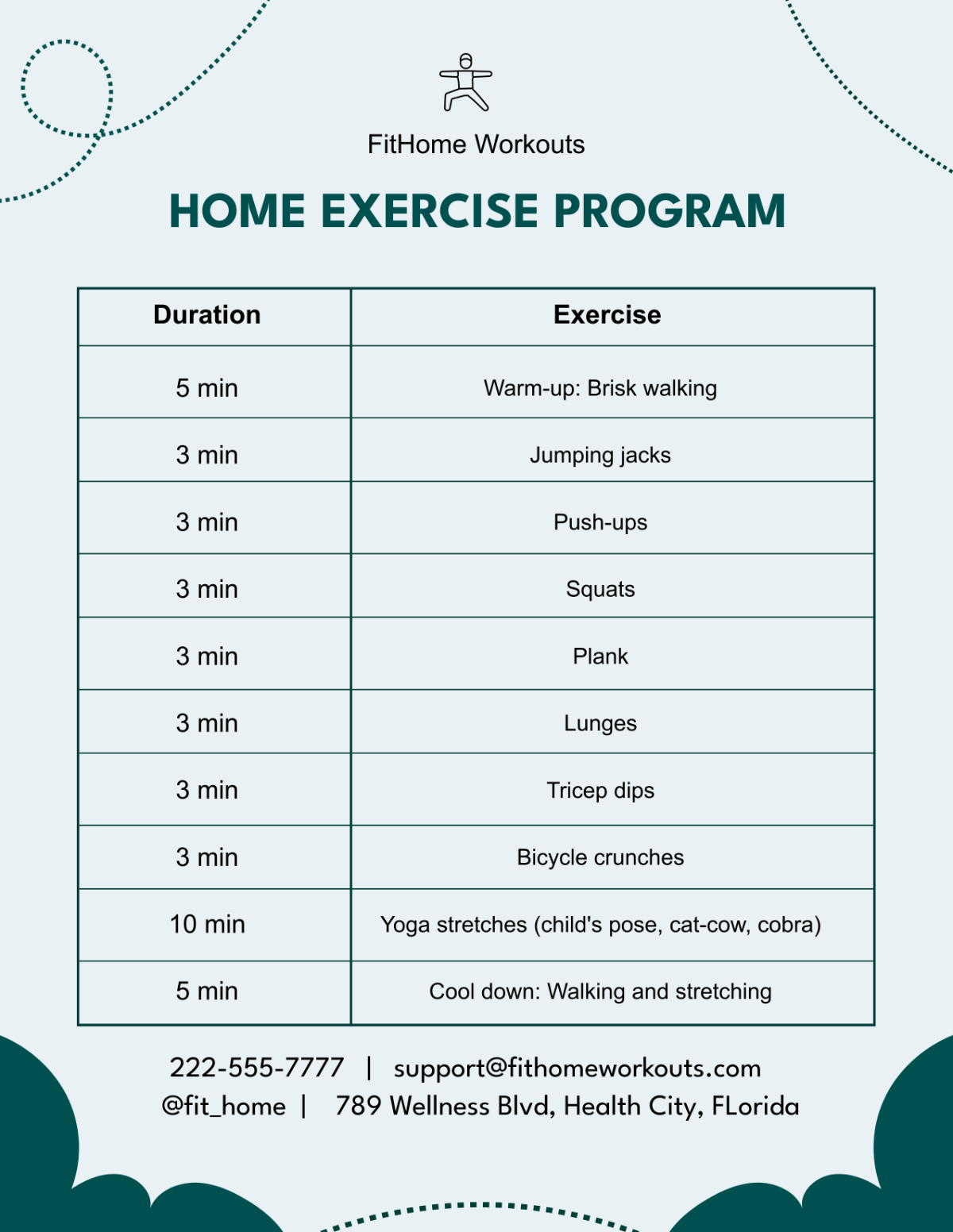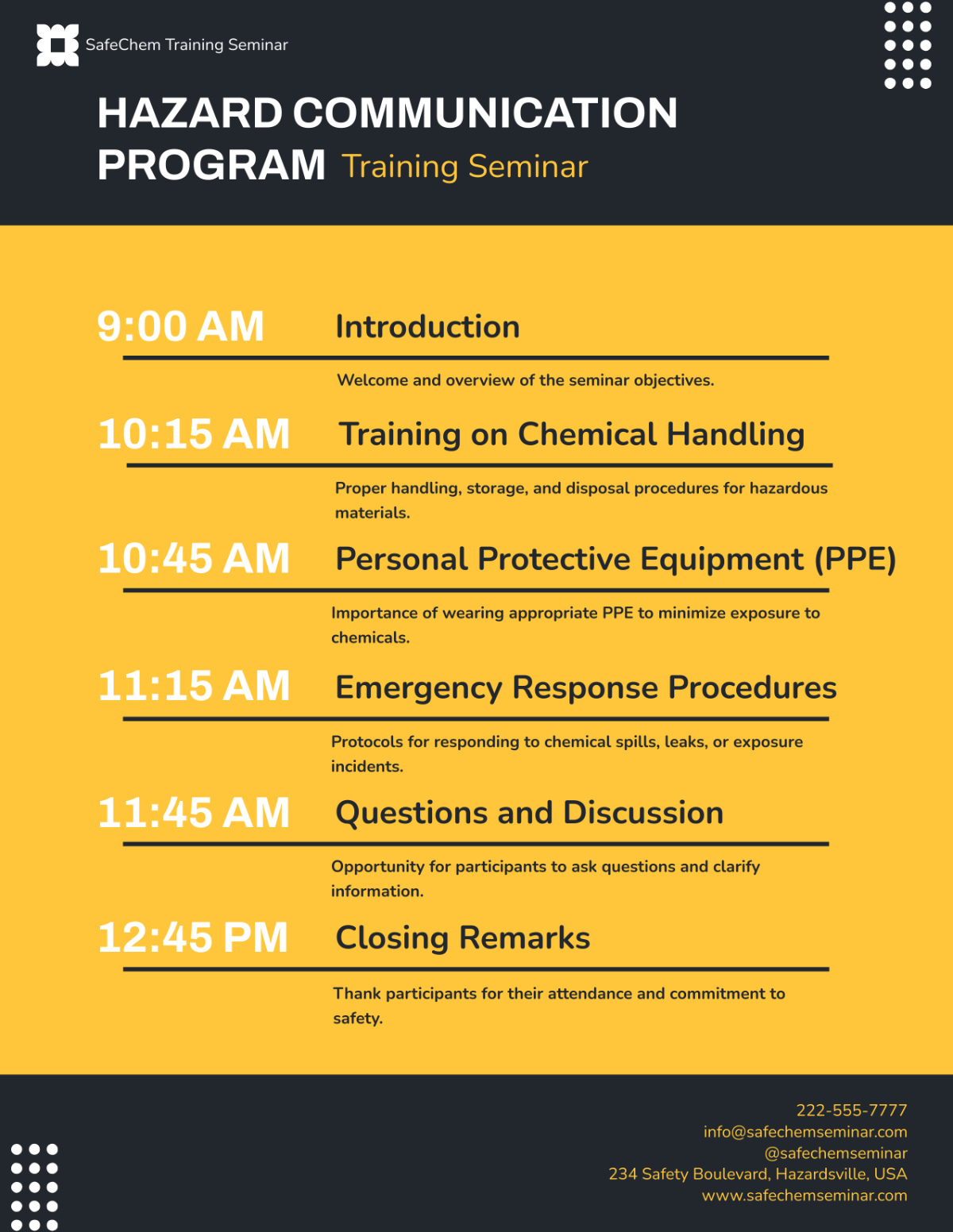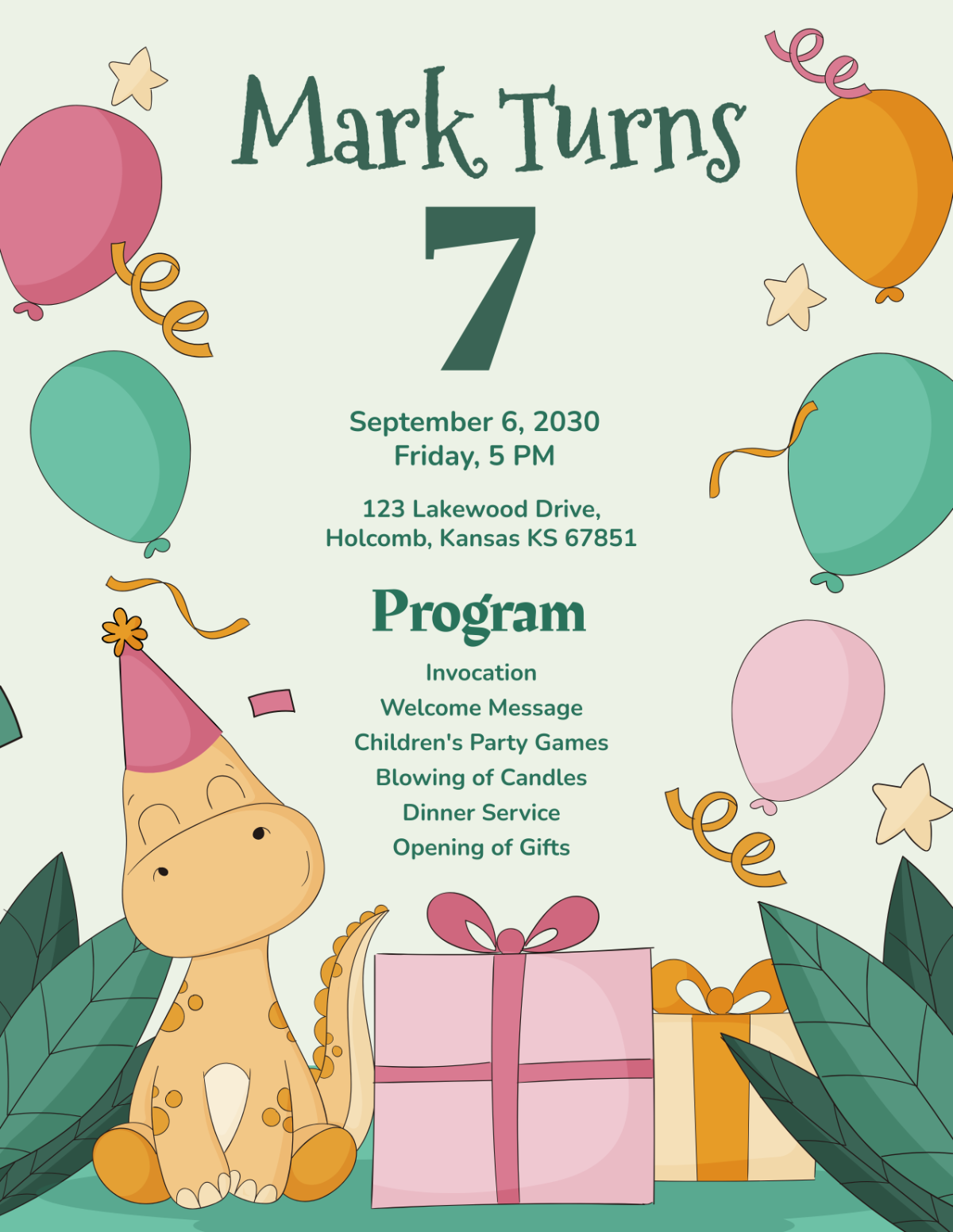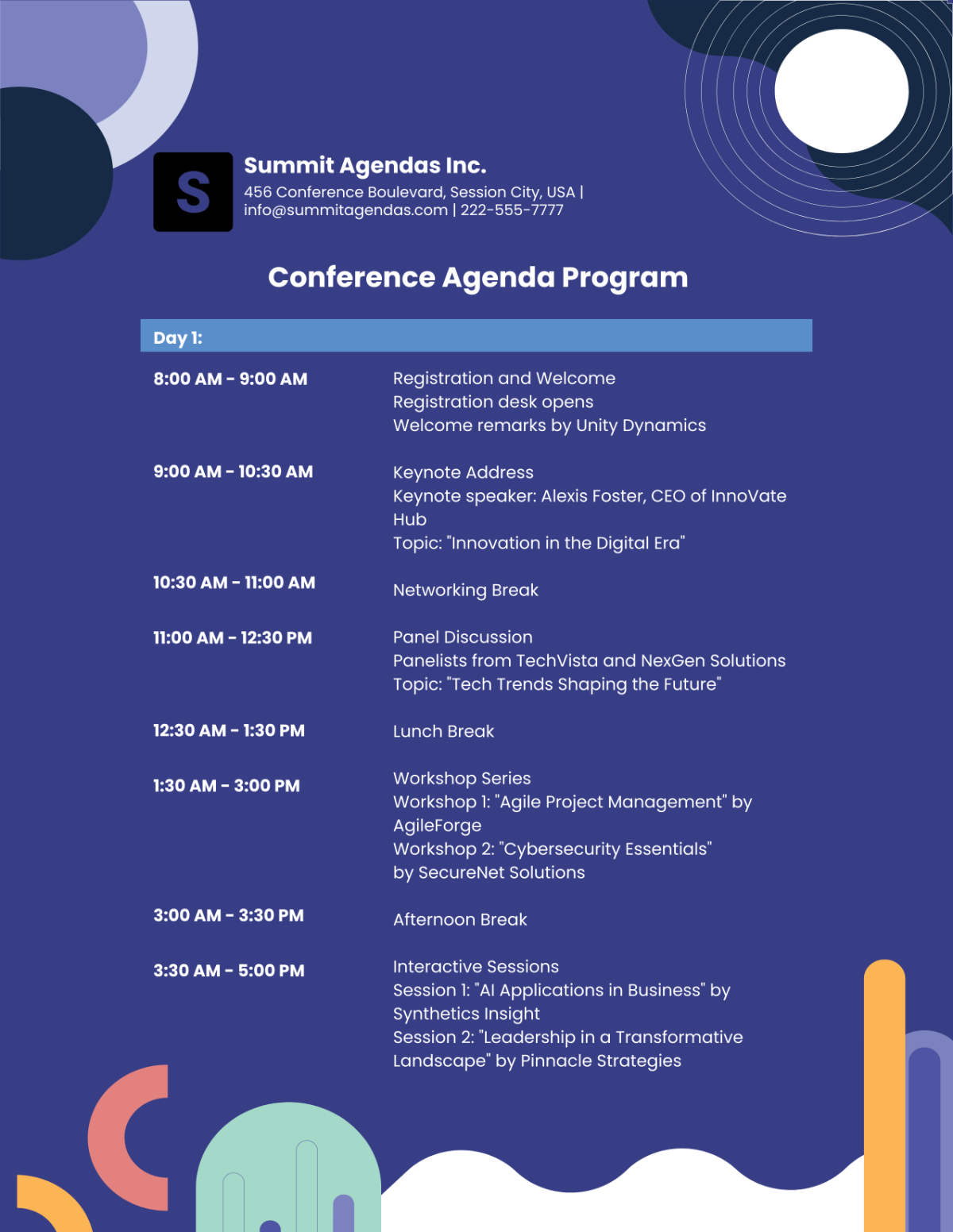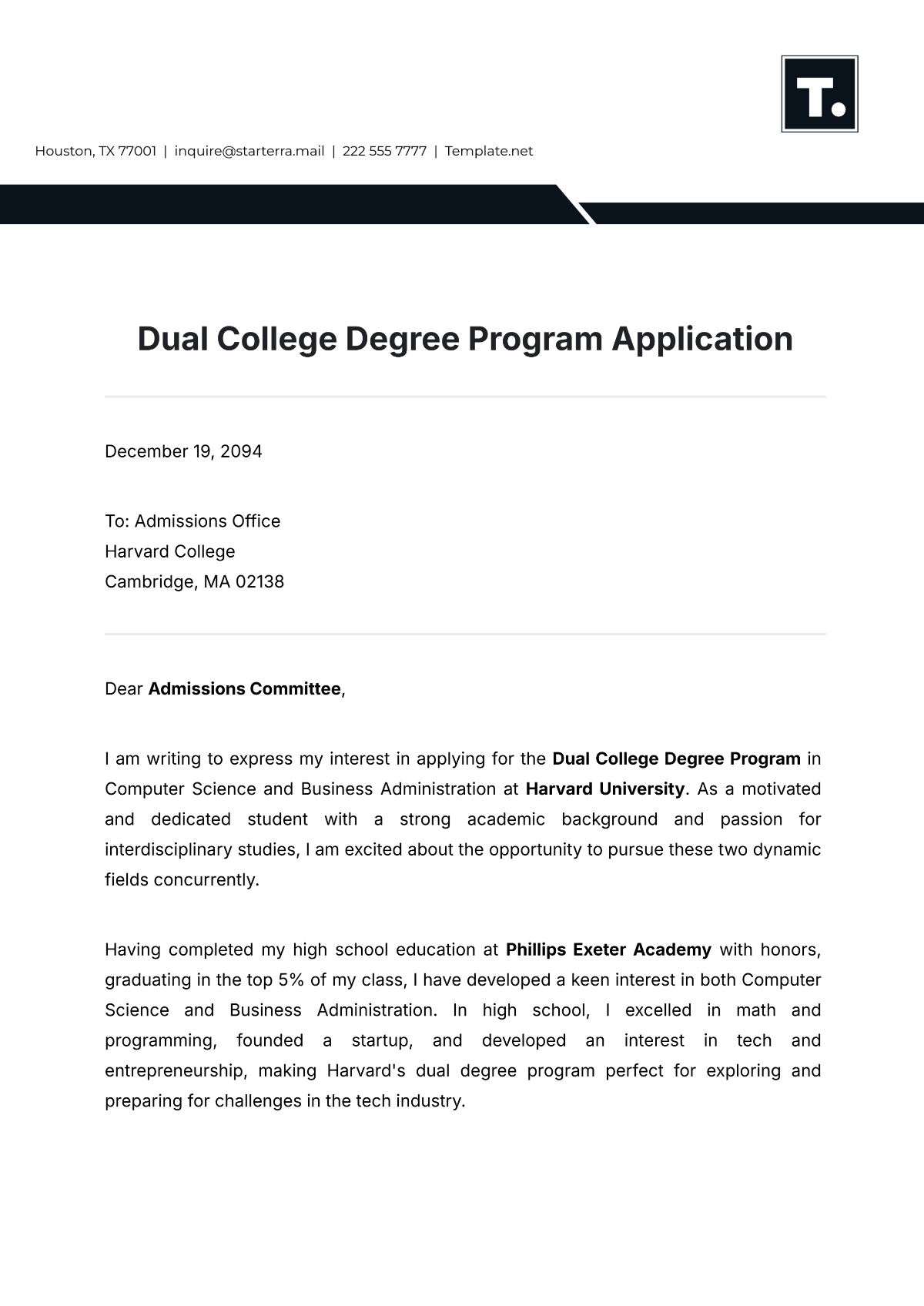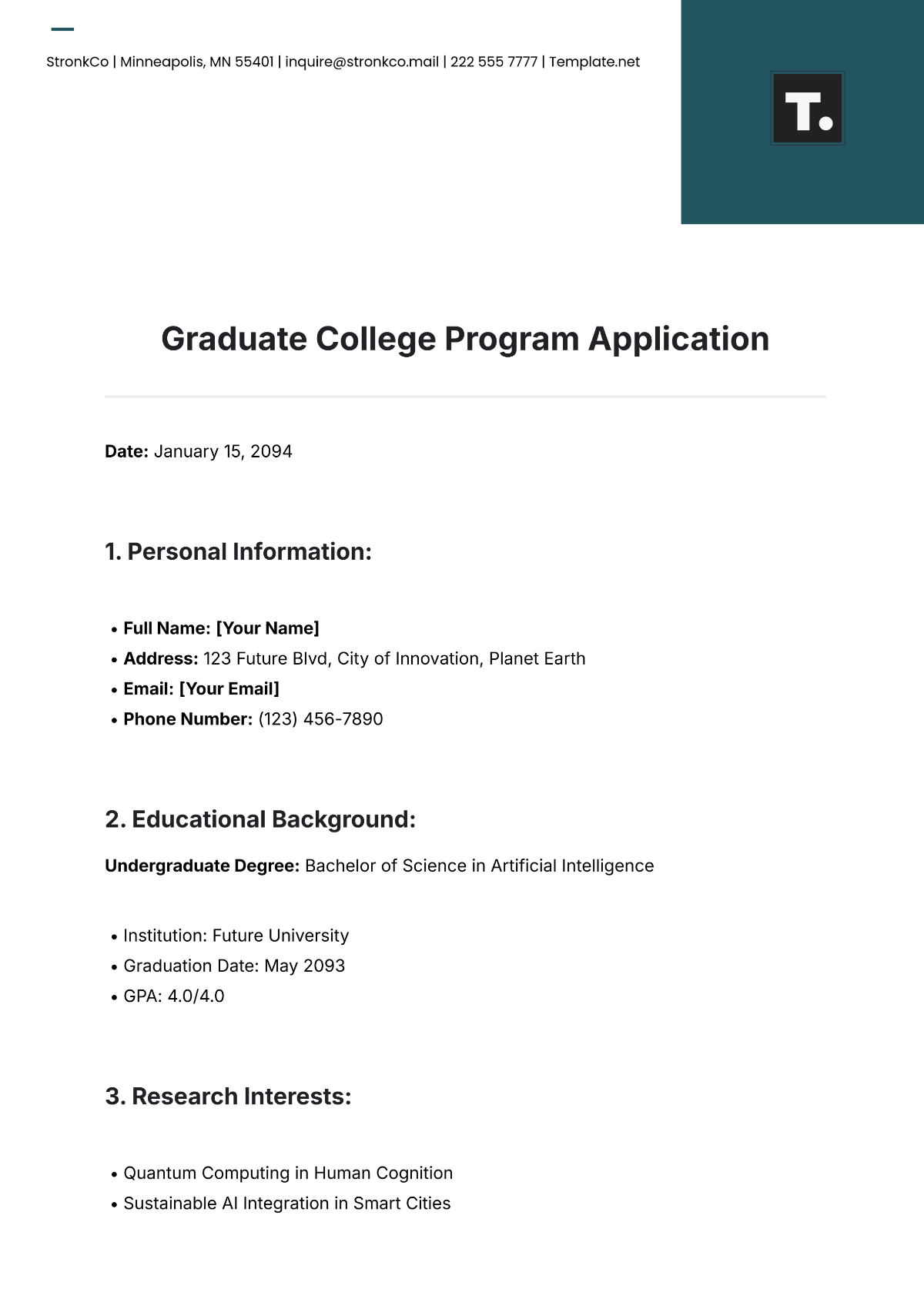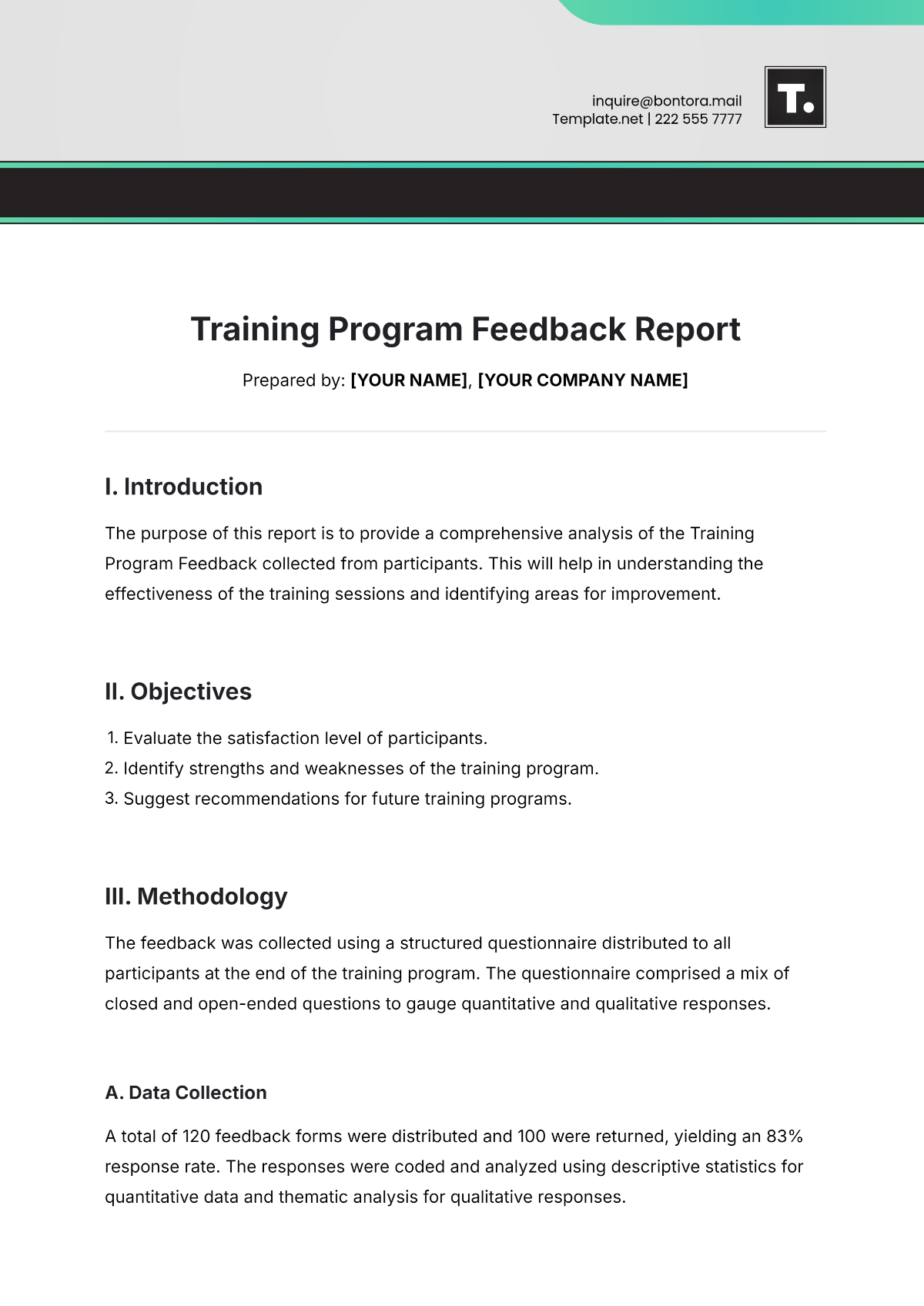PPE Training Program
Prepared by | [Your Name] |
Date | [Month Day, Year] |
Objective: To educate employees about the importance of PPE, its proper selection, use, maintenance, and disposal, in order to minimize workplace hazards and promote safety.
Duration: 1-2 hours (can be adjusted based on specific needs)
Training Outline:
1. Introduction to PPE
Welcome and program objectives
The importance of PPE in workplace safety
Legal and regulatory requirements (e.g., OSHA in the United States)
2. Types of PPE
Overview of common PPE categories:
Head protection
Eye and face protection
Hearing protection
Respiratory protection
Hand and arm protection
Foot and leg protection
Body protection
3. Hazard Assessment
Understanding workplace hazards
Conducting a hazard assessment
Identifying PPE needs based on hazards
PPE Selection and Proper Fit
Selecting the right type of PPE for specific tasks
Ensuring proper fit and comfort
Sizing and adjustment considerations
4. PPE Use and Care
Putting on and removing PPE safely
Inspecting PPE before each use
Proper cleaning and maintenance
Storage and disposal of PPE
5. Training on Specific PPE
Detailed training on specific types of PPE relevant to the workplace (e.g., respirators, safety goggles, hard hats)
Demonstrations and hands-on practice
6. Emergency Situations
What to do in case PPE fails or is damaged
Procedures for emergency situations (e.g., chemical spills, fire)
7. Reporting and Record-keeping
Reporting PPE issues and near misses
Documentation and record-keeping requirements
8. Responsibilities and Compliance
Employee responsibilities regarding PPE
Employer responsibilities for providing PPE
Compliance with company policies and procedures
10. Assessment and Evaluation
Quiz or knowledge check to assess understanding
Open discussion and Q&A session
Feedback and improvement suggestions from participants
11. Conclusion
Recap of key points
Importance of PPE in workplace safety
Encouragement for active participation in safety culture
12. Resources and Reference Materials
Provide handouts, manuals, and reference materials
Contact information for safety personnel
13. Follow-up and Refresher Training
Schedule for periodic refresher training
Encouragement to stay updated on new PPE technologies and guidelines
14. Feedback and Evaluation
Collect feedback from participants
Evaluate the effectiveness of the training program
Make necessary improvements based on feedback


